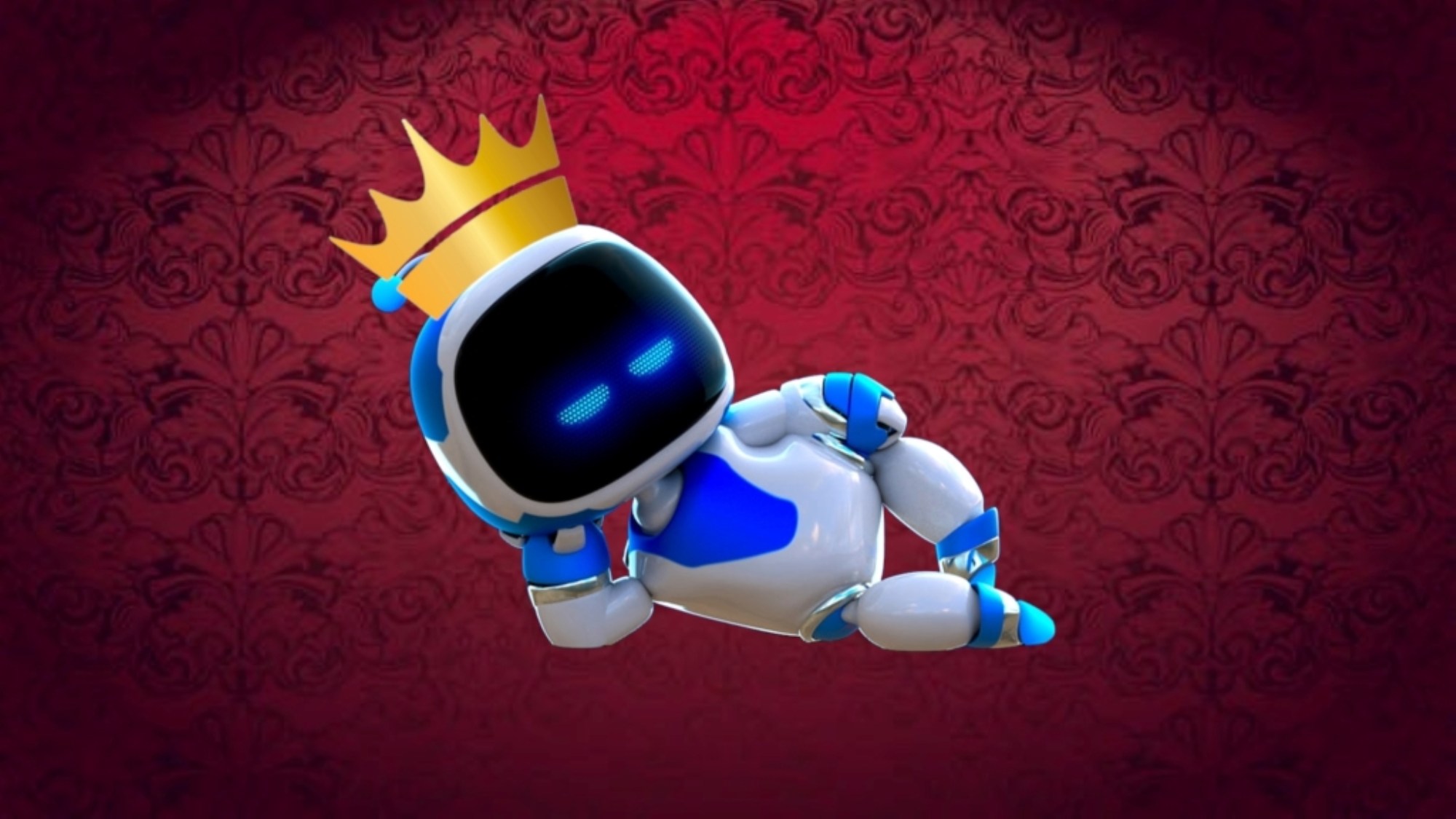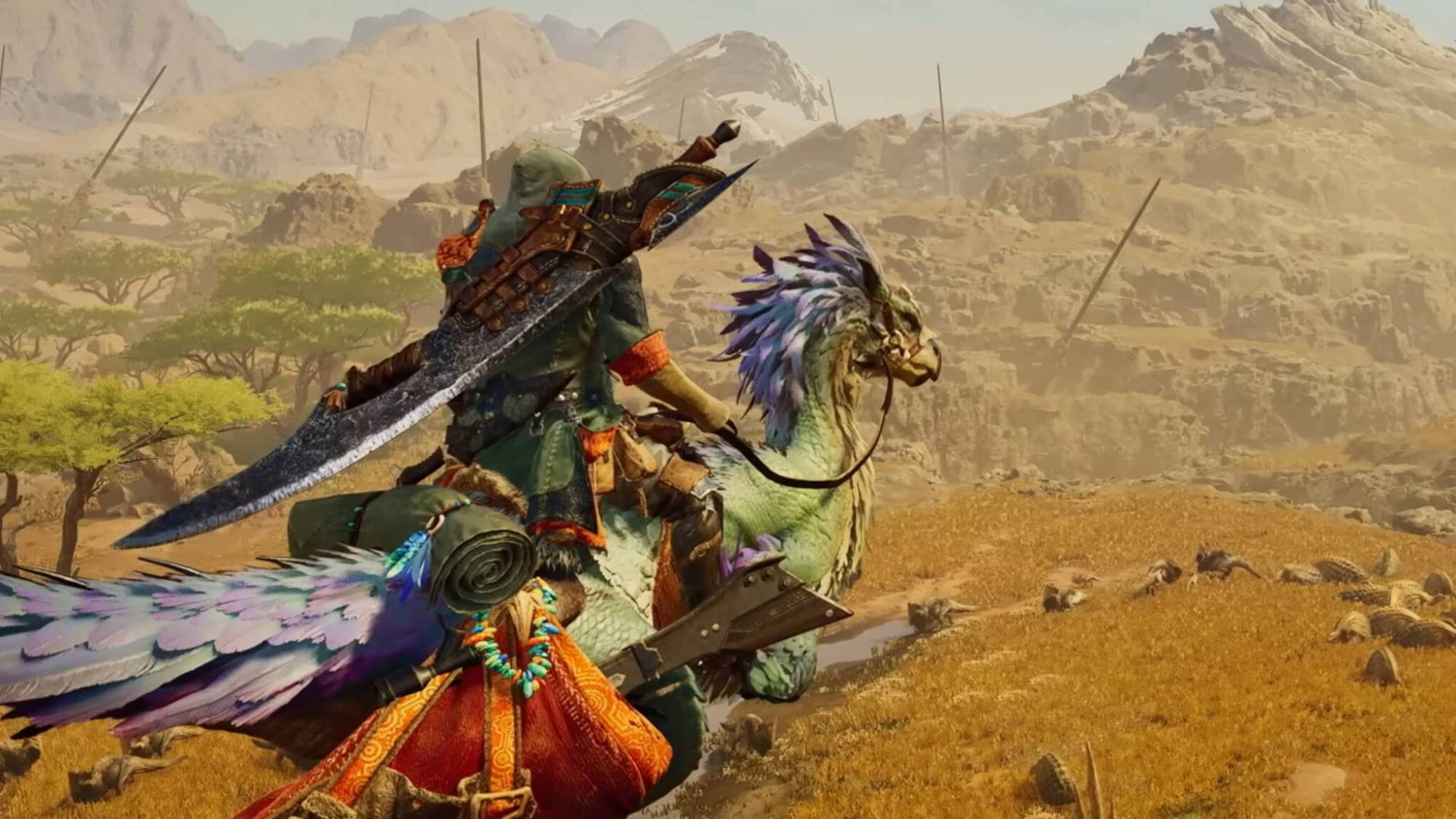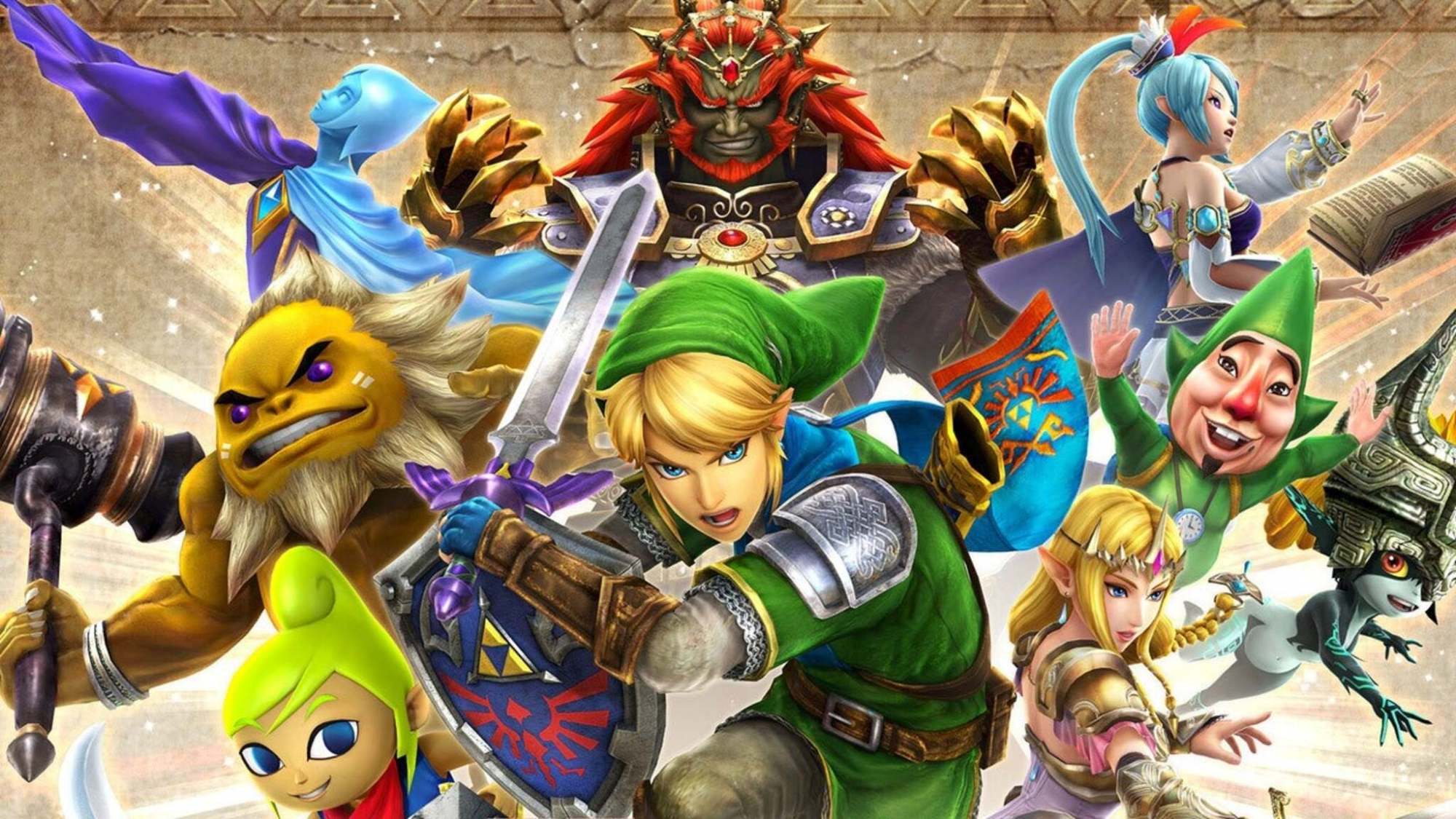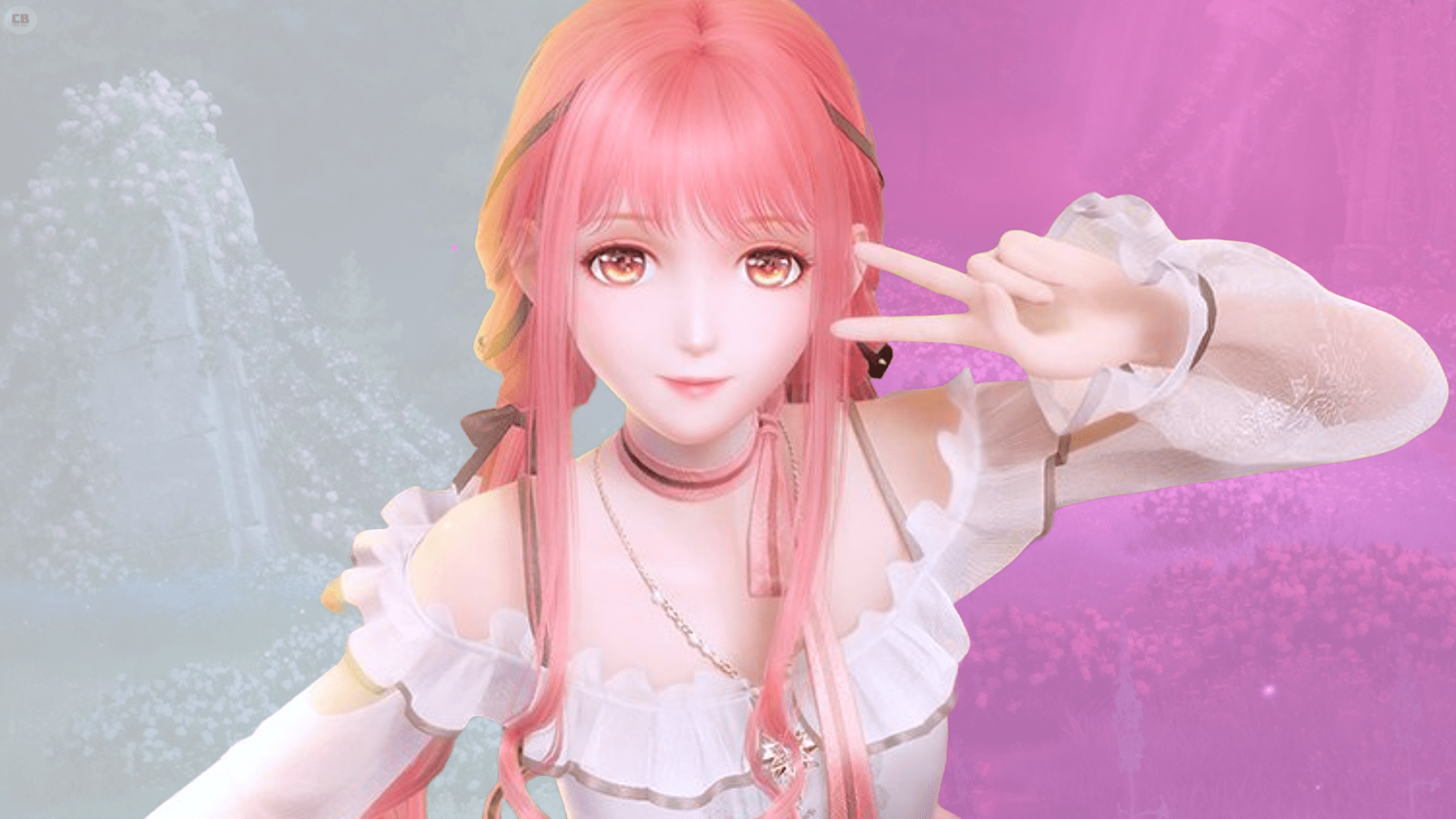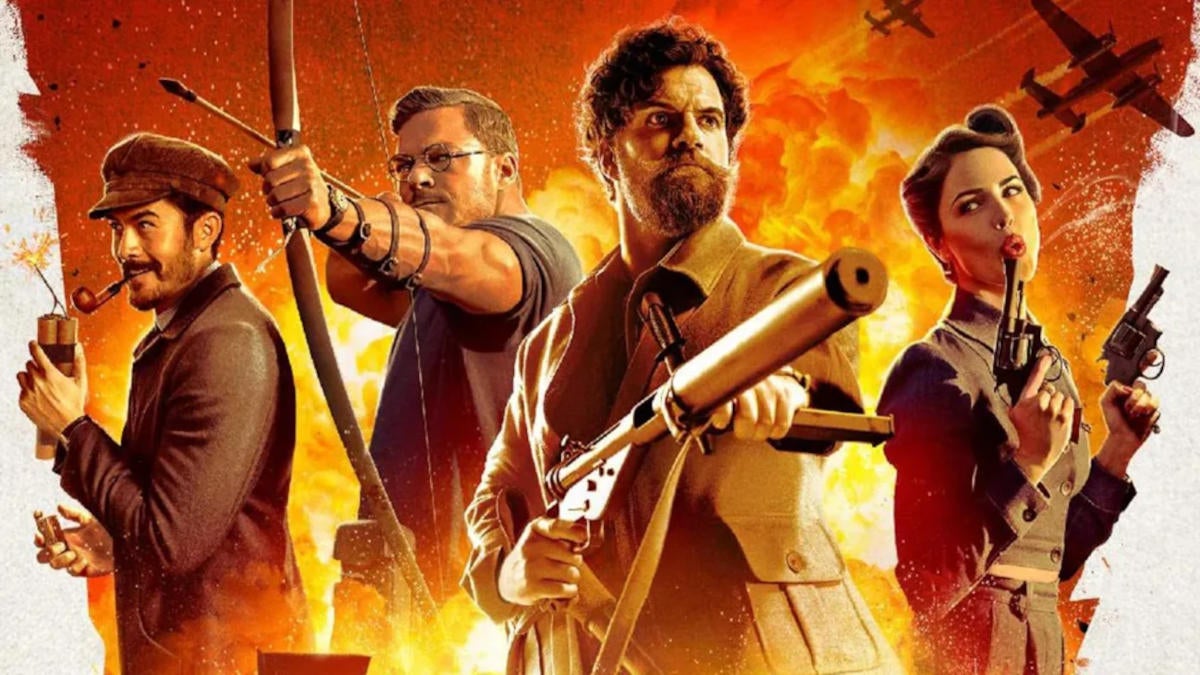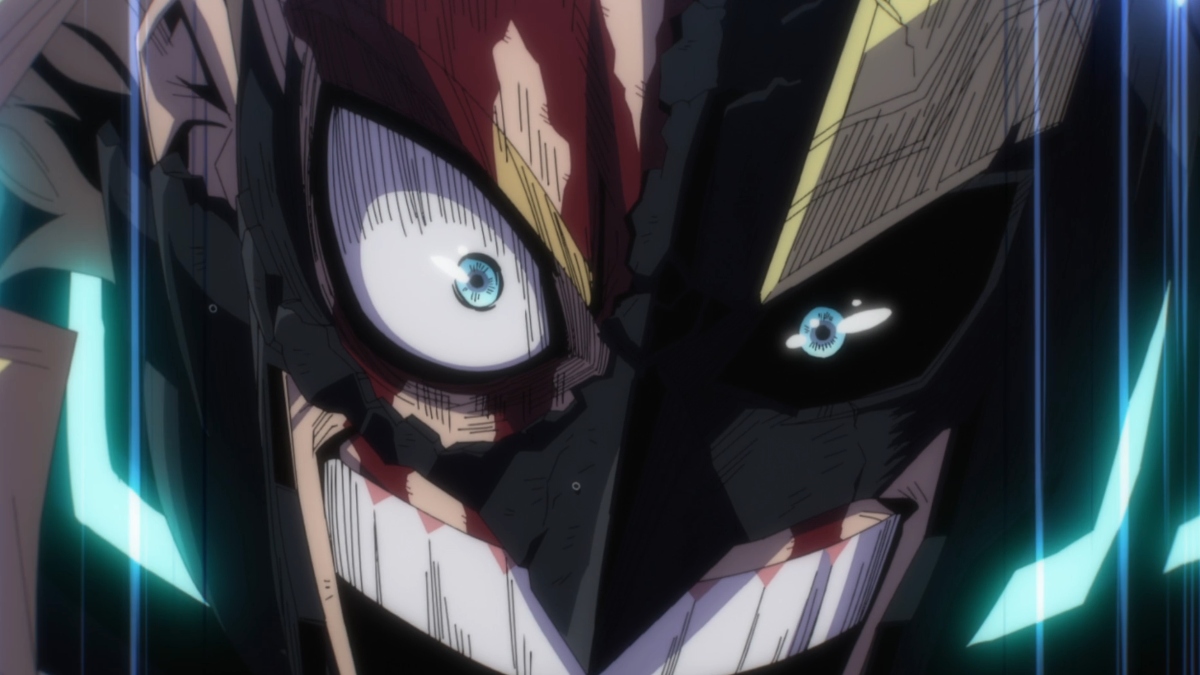If 2024 has taught us anything about the state of the video game industry, it is that platformers are still an incredible gaming genre. This was proven true at The Game Awards where we saw Team ASOBI take home Best Action/Adventure Game, Best Family Game, Best Game Direction, and Game of the Year. For those who have been watching these awards for a while, this marks the first instance of a platformer taking home the title of Game of the Year. While it might not seem like a huge deal to some, it’s important to see that this cute little robot can spark a renaissance with more platformer games in the future from other studios.
Videos by ComicBook.com
Astro Bot’s success has been stirring since 2013, with its debut launch title The Playroom for the PlayStation 4. Since then, Team ASOBI has been working alongside Sony Interactive Entertainment to continue bringing Astro to the masses, with multiple entries in the series. One thing that can be attributed to its success is its association with PlayStation, as Astro and the robots lived inside the DualShock (and now the DualSense) controller. When it came to 2024’s Astro Bot, announced just months before its release, there is no doubt that history had already been made.
Standing on the shoulders of the PlayStation franchise is no easy feat, but Astro Bot launched itself into orbit once it got into players’ hands by becoming one of the best-selling games to launch on the PlayStation 5. A love letter to the past, it excelled in pushing the envelope by bringing a variety of level design and innovative use of DualSense Haptics. Team ASOBI understood the console inside and out, meaning they could bring forth elements that previous games hadn’t showcased. Astro Bot hit the target with nostalgia for both PlayStation titles and old platformers.
Astro Bot Redefines the Platformer Genre

RELATED: PlayStation Fans Name Astro Bot Best PS5 Game of the Year
Platformers tend to get a bad reputation for lacking innovation, but that’s exactly why Astro Bot changed the game. There is a newer sense of immersion brought to the scene as the title values the essence of which it was grounded. Like how the Super Mario series innovated to enhance the gameplay experience over time, Astro Bot utilized its abilities and curated over 80 different levels to match.
As we have seen with many other titles in recent years, a spark like Astro’s isn’t uncommon. In 1996, we saw a revolution begin with the launch of the 3D platformer Super Mario 64, which significantly impacted the design of future platformers. Sales dominated the market, earning the title of best-selling Nintendo 64 game with nearly 12 million copies sold by 2015. Its inspiration spawned countless industry professionals to attest to its value in their projects, such as GoldenEye 007, Kingdom Hearts, Banjo-Kazooie, Grand Theft Auto, and Astro Bot (as hinted by Team ASOBI during their acceptance speech). The influence might be subtle, with many expressing its usage of 3D and mission-based levels as prominent features for their development.
While Super Mario 64 has had a larger impact on the wider spectrum of the industry, there are titles within the last two decades that have done the same. In 2010, Minecraft opened the doors to revolutionizing open-world design and creativity, spawning the popular ‘sandbox’ genre. Within the role-playing genre, FromSoftware introduced the world to Soulslike titles with Demon’s Souls in 2009, leading to the Dark Souls trilogy, and the massively popular open-world Elden Ring title in 2022. Another huge success came from Supergiant Games’ roguelike title Hades in 2020, paving the way for indie developers to have a voice within the industry seemingly filled with AAA and AA studios.
Astro Bot Is Built Upon Its Predecessors but Looks Towards the Future

Similarly to these other titles, Astro Bot has the charm factor that can spawn a new wave of platformer games. As Nintendo has mastered over the years with its Mario games, Astro Bot takes the first step in bringing that same experience to a different crowd of players. One of the rare aspects that the title takes from Minecraft and Super Mario is that it is fun for all ages and could easily be a game to bond over.
With this, it would be no surprise to see more Astro Bot titles emerge from the woodwork in the next few years. Moving forward, the Astro Bot games could try different genres to expand their repertoire. The themed levels such as Uncharted and God of War, which utilize aiming and heavy haptic feedback, are great examples of how Team ASOBI incorporates different genre-specific elements. Astro Bot set the stone on which the next installments are built, therefore we could see new abilities and more levels pushing the limits of players’ expectations from the PlayStation 5 and, predictably, the PlayStation 6.
Its popularity is overwhelming and in an ever-changing market, it wouldn’t be a surprise to see gaming companies looking at Astro Bot as a sign to bring more platformers to the scene. Seeing how Nintendo and PlayStation have their golden gooses, it would be interesting to see if Microsoft creates one for the Xbox. Either way, Astro’s success will inspire many developers to continue crafting their games in a way that celebrates its history and cultivates a brighter future for the industry.
